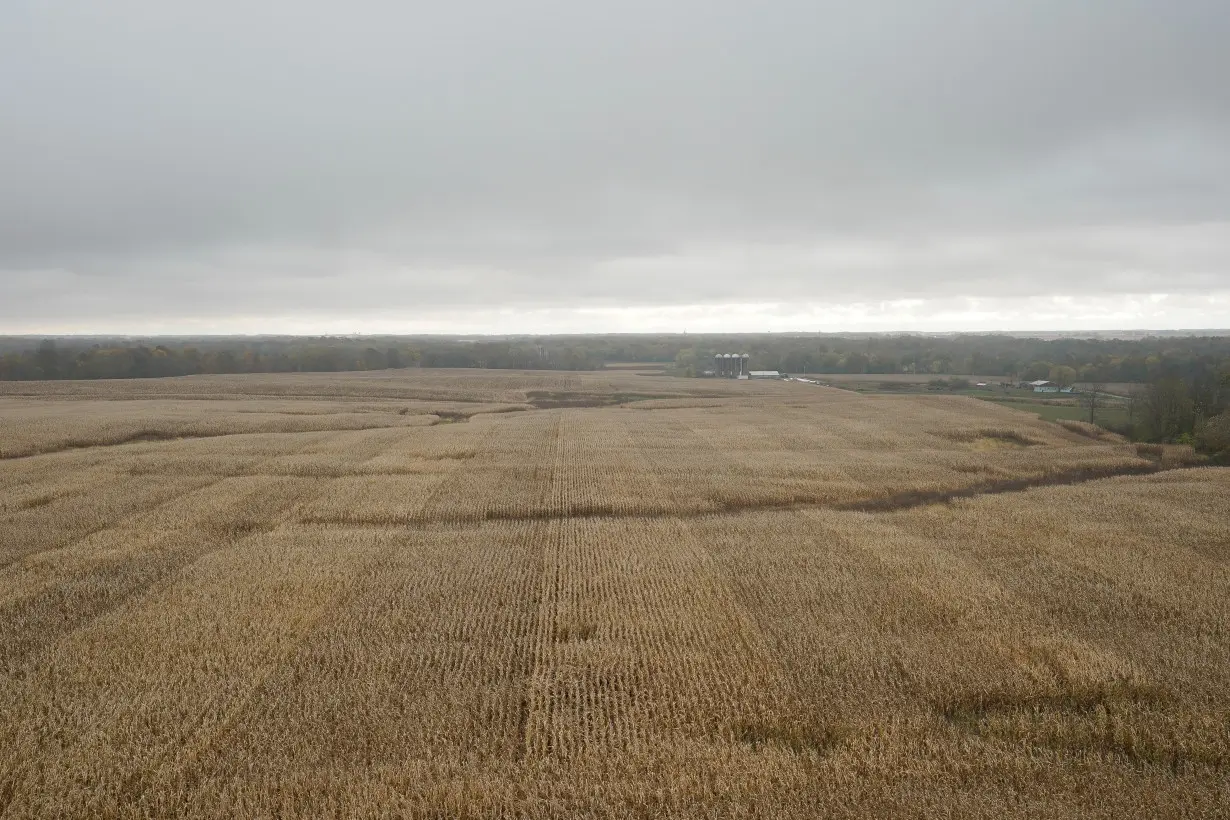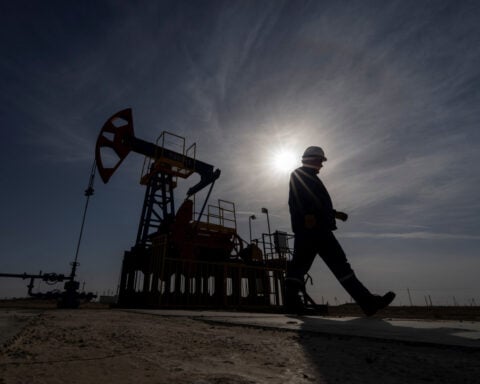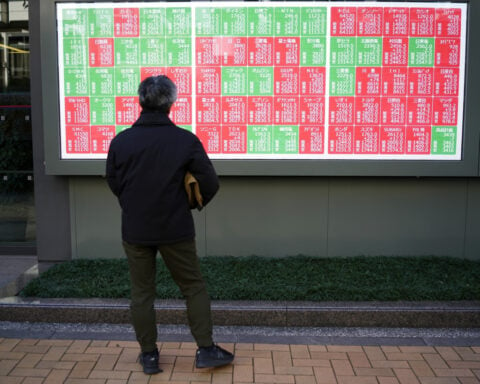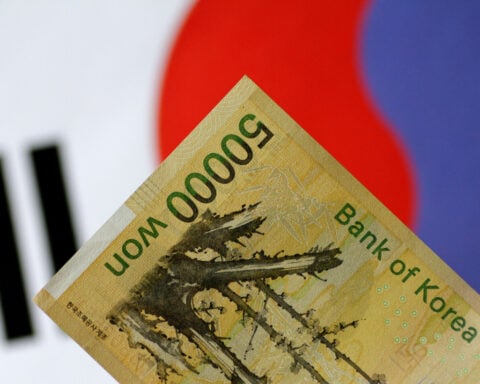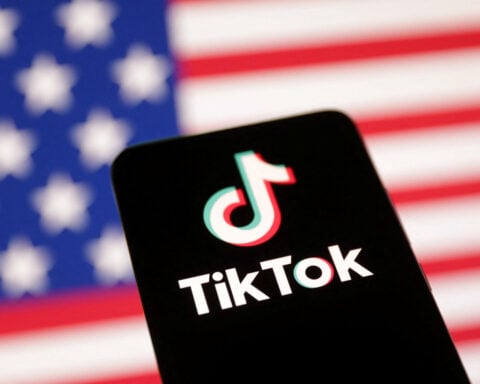By Leah Douglas
(Reuters) - Investment funds have become voracious buyers of U.S. farmland, amassing over a million acres as they seek a hedge against inflation and aim to benefit from the growing global demand for food, according to data reviewed by Reuters and interviews with fund executives.
The trend worries some U.S. lawmakers who fear corporate interest will make agricultural land unaffordable for the next generation of farmers. Those lawmakers are floating a bill in Congress that would impose restrictions on the industry’s purchases.
Though their acreage is a small slice of the nearly 900 million acres of U.S. farmland, the pace of acquisitions by investment firms like Manulife Investment Management and Nuveen has quickened since the 2008 global financial crisis drove firms to seek new investment vehicles, according to Reuters interviews with fund managers and an analysis of data from the National Council of Real Estate Investment Fiduciaries (NCREIF).
The number of properties owned by such firms increased 231% between 2008 and the second quarter of 2023, and the value of those holdings rose more than 800% to around $16.2 billion, according to NCREIF's quarterly farmland index, which tracks the holdings of the seven largest firms in farmland investment.
Farmland offers steady returns even in periods of high inflation, and firms hope crop demand will remain steady as the United Nations predicts the world will need 60% more food by 2050 due to population growth.
Investment firm acquisitions are also outpacing farmland purchases by foreign entities, according to data from the U.S. Department of Agriculture (USDA).
Lawmakers debated this year whether to curtail foreign farmland ownership, concerned that adversaries might buy land to exert political influence. The Senate included a provision to ban farmland purchases by China, Russia, Iran, and North Korea in its version of the National Defense Authorization Act, which has yet to be reconciled with the House version.
The number of acres owned by foreign entities increased 64% to about 40.8 million acres between 2010 and 2021, with the value doubling to about $72.5 billion, according to the most recent USDA data available.
NCREIF does not report the acreage owned by investment firms, but a Reuters review of company websites, sustainability reports, annual reports, federal filings and interviews with executives from six of the seven companies who report to the index found that together, they own about 1.65 million acres.
Paul Schadegg, vice president of real estate operations at Farmers National Company, a farm management firm, said that when investors enter the farmland market it can push up the price of the land.
"What they’ve done is establish a new floor," he said.
With the average age of farmers on the rise, high land costs are a hurdle for young and beginning farmers, said Tim Gibbons, communications director with the Missouri Rural Crisis Center, an advocacy group.
"If the next generation isn’t enticed to come back to the farm," he said, "then who’s going to own that land?"
The average price of an acre of cropland reached a record $5,460 in 2023, according to USDA, up from $2,700 in 2010, driven by high commodity prices and strong demand, among other factors.
About 60% of U.S. farmland is farmer-owned and -operated, with the rest owned by non-farmer operators including individuals, trusts, and corporations, according to USDA.
"IT’S LIKE GOLD"
Investment firms say they buy farmland because it is resilient to inflation, offers stable returns through land leases and has limited downside risk, features that became more attractive after the 2008 financial crash pushed investors to build diversified portfolios.
"It’s a hard asset. It’s like gold. It’s not going anywhere," said David Gladstone, CEO of Gladstone Land, a real estate investment trust which owns 116,000 acres of farmland, mostly growing blueberries, strawberries, almonds, and other produce, across 15 states at a value of $1.6 billion.
The NCREIF farmland index has averaged an 11.4% annual return over the past 25 years, compared to 9.3% for the S&P 500 index, according to an August Gladstone investor presentation.
Farmland also offers growth potential as the demand for food rises globally, said the websites of Manulife, which owns 284,413 U.S. farm acres at a value of $3.3 billion according to its 2022 agricultural investments report, and Nuveen, which owns 751,000 U.S. farm acres at a value of $6.6 billion according to its 2023 sustainability report.
Both firms declined interview requests.
Policymakers are considering stricter guidelines on who can buy farmland for the next iteration of the five-year farm bill, which Congress was meant to pass this year but which will likely be pushed to next year due to Congressional gridlock.
A bill introduced in July by Senator Cory Booker, a member of the Senate Agriculture Committee, and endorsed by 70 farm and rural groups, would curtail investment fund purchases and leases of farmland and ban large corporate investors from using USDA farm programs.
Federal programs like crop insurance and commodity subsidies can add to the appeal of investing in farmland because they curb risk, said Bruce Sherrick, director of the TIAA Center for Farmland Research at the University of Illinois.
(Reporting by Leah Douglas; Editing by Richard Valdmanis and Anna Driver)

 Stock market today: Asian stocks mixed ahead of US inflation data
Stock market today: Asian stocks mixed ahead of US inflation data
 TikTok seeks to reassure U.S. employees ahead of Jan. 19 ban deadline
TikTok seeks to reassure U.S. employees ahead of Jan. 19 ban deadline
 US won't seek charges in unarmed Black motorist Ronald Greene's fatal 2019 arrest
US won't seek charges in unarmed Black motorist Ronald Greene's fatal 2019 arrest
 Euro zone households could increase consumption, ECB chief economist says
Euro zone households could increase consumption, ECB chief economist says
 Foreigners sold South Korean equities last month by most since early 2020
Foreigners sold South Korean equities last month by most since early 2020
 As fires ravage Los Angeles, Tiger Woods isn't sure what will happen with Riviera tournament
As fires ravage Los Angeles, Tiger Woods isn't sure what will happen with Riviera tournament
 Antetokounmpo gets 50th career triple-double as Bucks win 130-115 to end Kings' 7-game win streak
Antetokounmpo gets 50th career triple-double as Bucks win 130-115 to end Kings' 7-game win streak
 No 97 Laura Siegemund upsets Olympic champion Zheng Qinwen at the Australian Open
No 97 Laura Siegemund upsets Olympic champion Zheng Qinwen at the Australian Open
